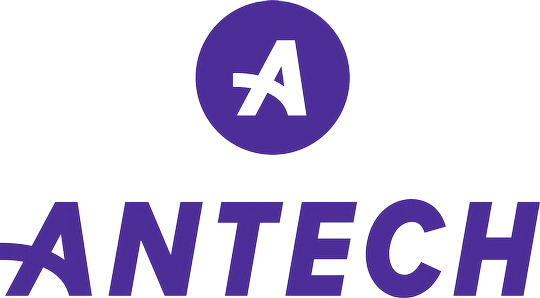Back

Small Animal
EL12 - In Sickness & In Health: Tales from the Lab
Monday, February 20, 2023
3:00 PM – 3:25 PM
Location: Learning Lounge in Exhibit Hall, Level 1
Earn 0.5 CE Hours
Sponsored By

ANTECH
.jpg)
Holly Brown, DVM, PhD, DACVP (Clinical)
Chief Veterinary Educator
Antech Diagnostics
Boalsburg, PA, United States
Presenter(s)
Many of our patients present with non-specific clinical signs, and behavioral changes in our pets may or may not reflect underlying disease. Even with a thorough history and skilled physical exam, clinicians may be misled as to the underlying pathologic condition(s). Running lab work and obtaining objective data from our patients allows for more accurate clinical diagnoses and focused and appropriate treatments. In this session, clinical cases will be shared from the perspective of a veterinary nurse and clinical pathologist, highlighting the importance of performing laboratory diagnostics in both sick and (apparently) healthy patients, as well as the value added to the entire medical team and to medical outcomes.
Learning Objectives:
- Understand that relying on subjective history and sometimes limited physical exam can be incomplete and may be misleading when investigating clinical disease
- Understand the importance of obtaining objective laboratory data from our patients to make accurate diagnoses, appropriate treatment plans, and improved patient outcomes
- Recognize that diagnostics are a shared space among the entire medical team and help advance the skills and contributions of veterinary nurses and assistants
- Recognize that appropriate diagnostic testing shows value to the client, helps engage them in the decision-making process, can increase owner compliance, and is relationship building






